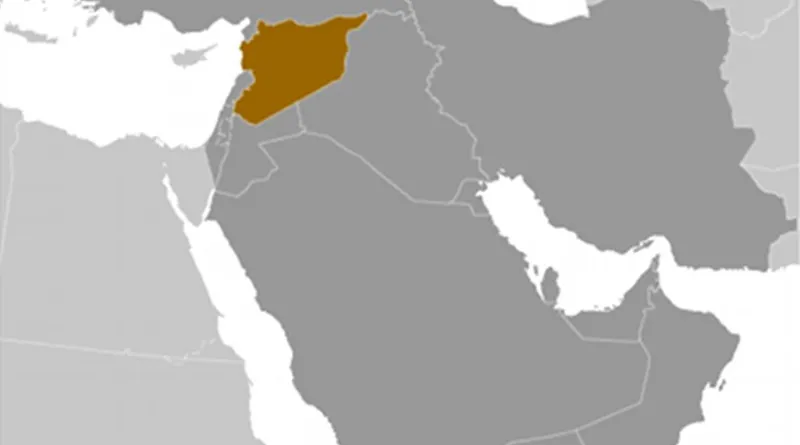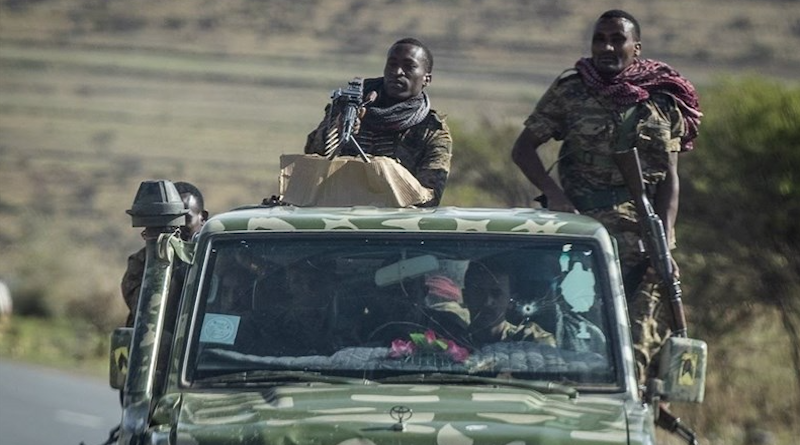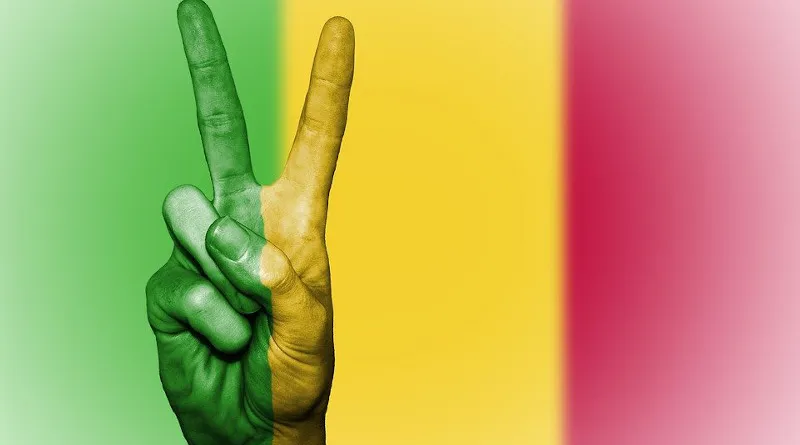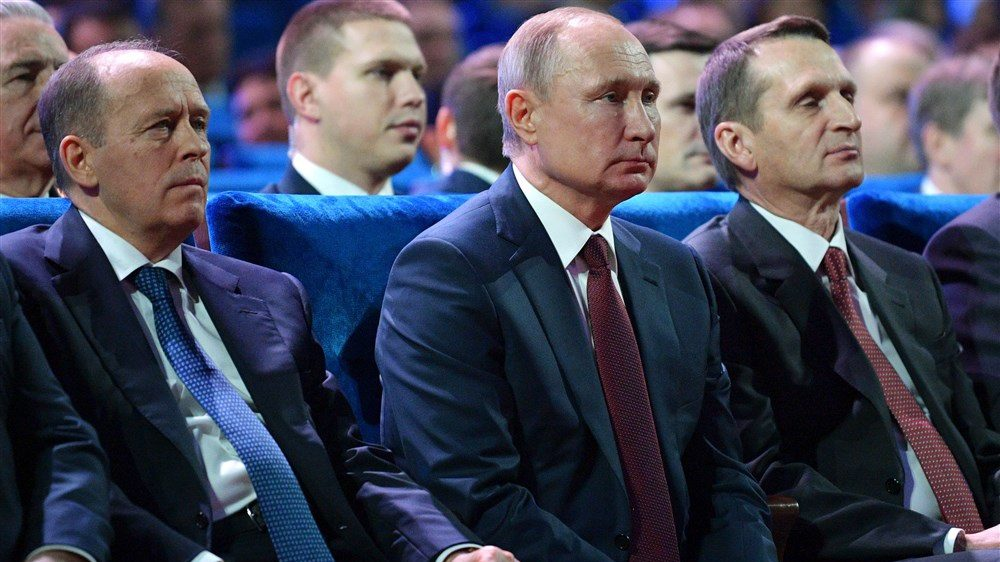Pentagon Rings The Alarm – Analysis
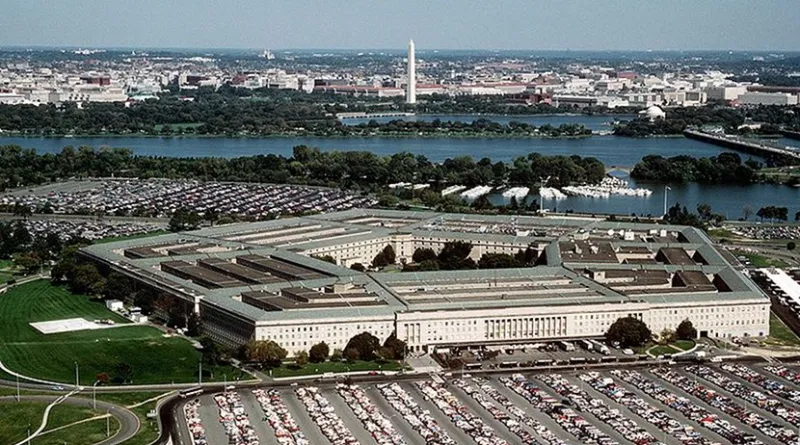
India and issues relating to the country figure large in the latest US Department of Defense (Pentagon) report to Congress released on Tuesday. It needs to be emphasised that this is a report of a major US department which spends a great deal of money on ensuring the security of the United States (US). The money is appropriated by the US Congress, and therefore, there is often a tendency to overstate threats or to make them sound more immediate than they actually are. At the same time, while the Pentagon may be guilty of overstatement, its assessments are not figments of their imagination, but extrapolations of actual developments on the ground.

